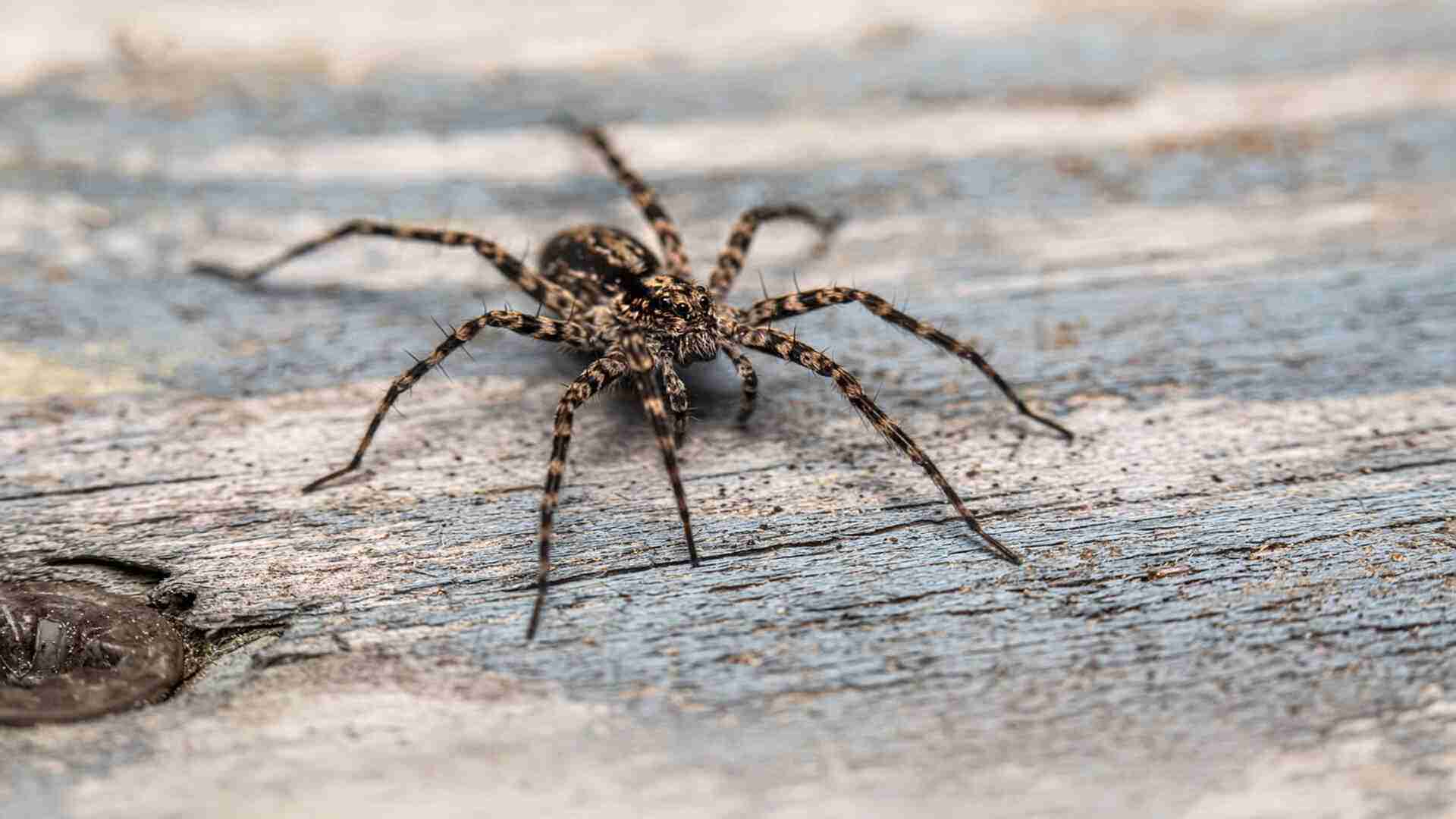 Spiders are unwelcome guests in most homes. While these arachnids play an essential role in keeping other insect populations in check, they often cause discomfort and even fear for many residents. Fortunately, there are several effective ways to get rid of spiders in a house using DIY methods.
This article will cover various techniques on how to get rid of spiders in your house, from natural repellents to preventive measures, as well as discuss when professional help is necessary for larger spider infestations. We’ll also highlight why DIY solutions may sometimes fall short and when it might be wise to reach out to pest control services for more effective and long-lasting results.
Spiders are unwelcome guests in most homes. While these arachnids play an essential role in keeping other insect populations in check, they often cause discomfort and even fear for many residents. Fortunately, there are several effective ways to get rid of spiders in a house using DIY methods.
This article will cover various techniques on how to get rid of spiders in your house, from natural repellents to preventive measures, as well as discuss when professional help is necessary for larger spider infestations. We’ll also highlight why DIY solutions may sometimes fall short and when it might be wise to reach out to pest control services for more effective and long-lasting results.
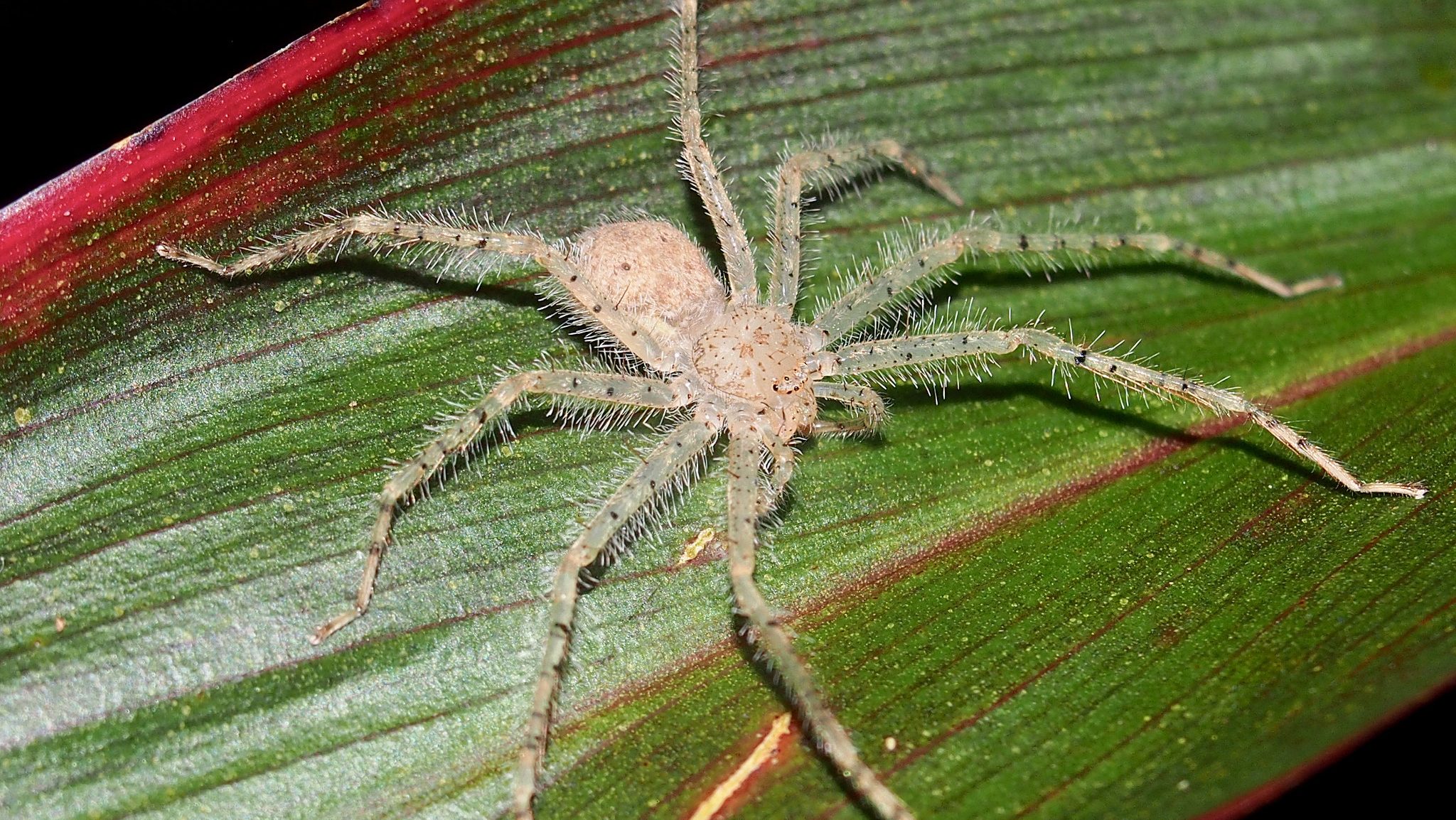

Not getting a solution?
Get your free pest control estimate today!DIY Methods to Get Rid of Spiders in Your Home
If you’re looking to tackle a spider infestation or simply want to prevent spiders from making themselves at home, here are some effective DIY methods you can try. These natural remedies are safe, easy to use, and avoid the need for harsh chemicals.Vinegar Spray
Vinegar is one of the most popular remedies to get rid of spiders in a home due to its strong, acidic scent that spiders dislike.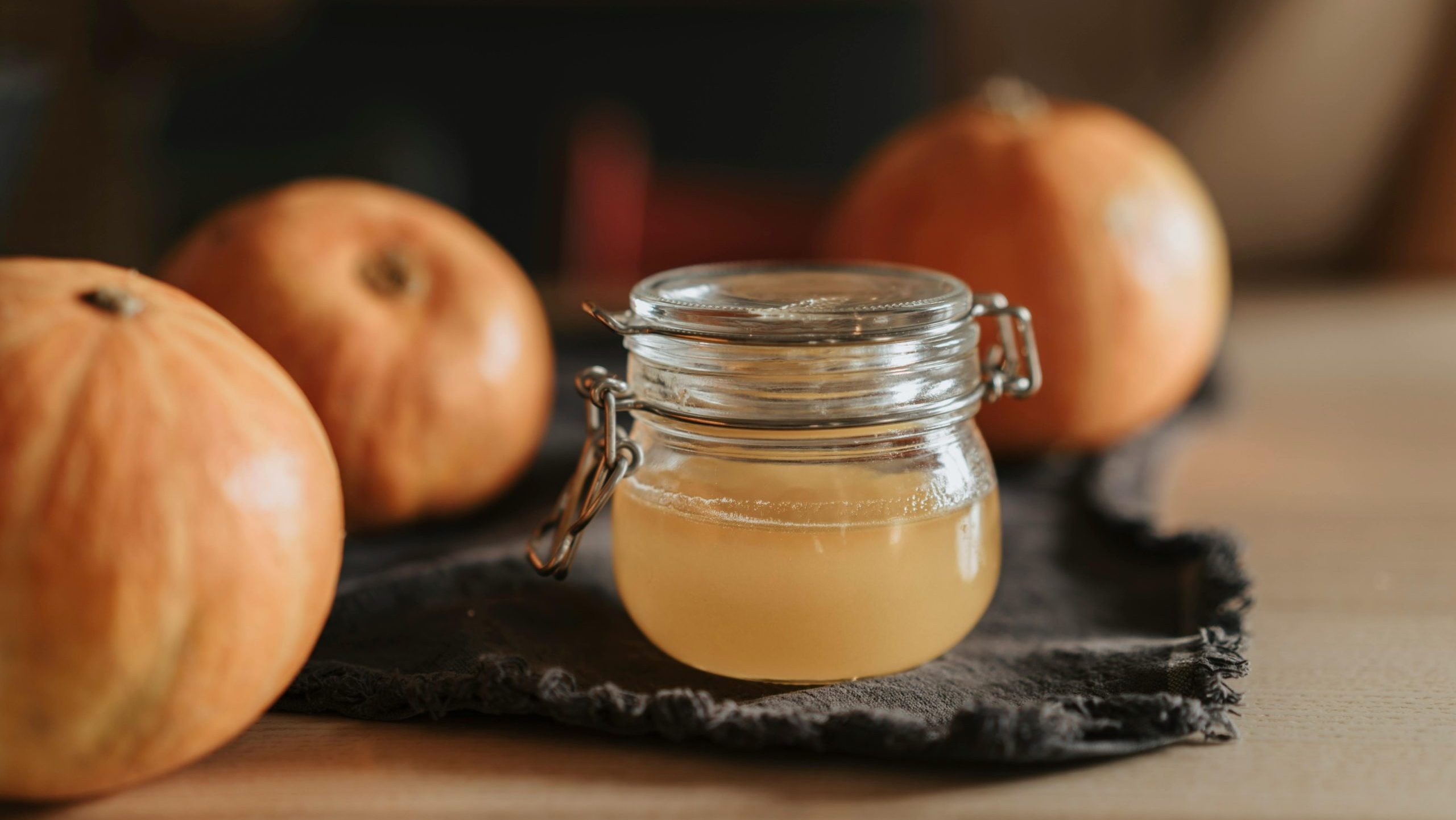
INGREDIENTS
-
 1 cup of white vinegar
1 cup of white vinegar
-
 1 cup of water
1 cup of water
-
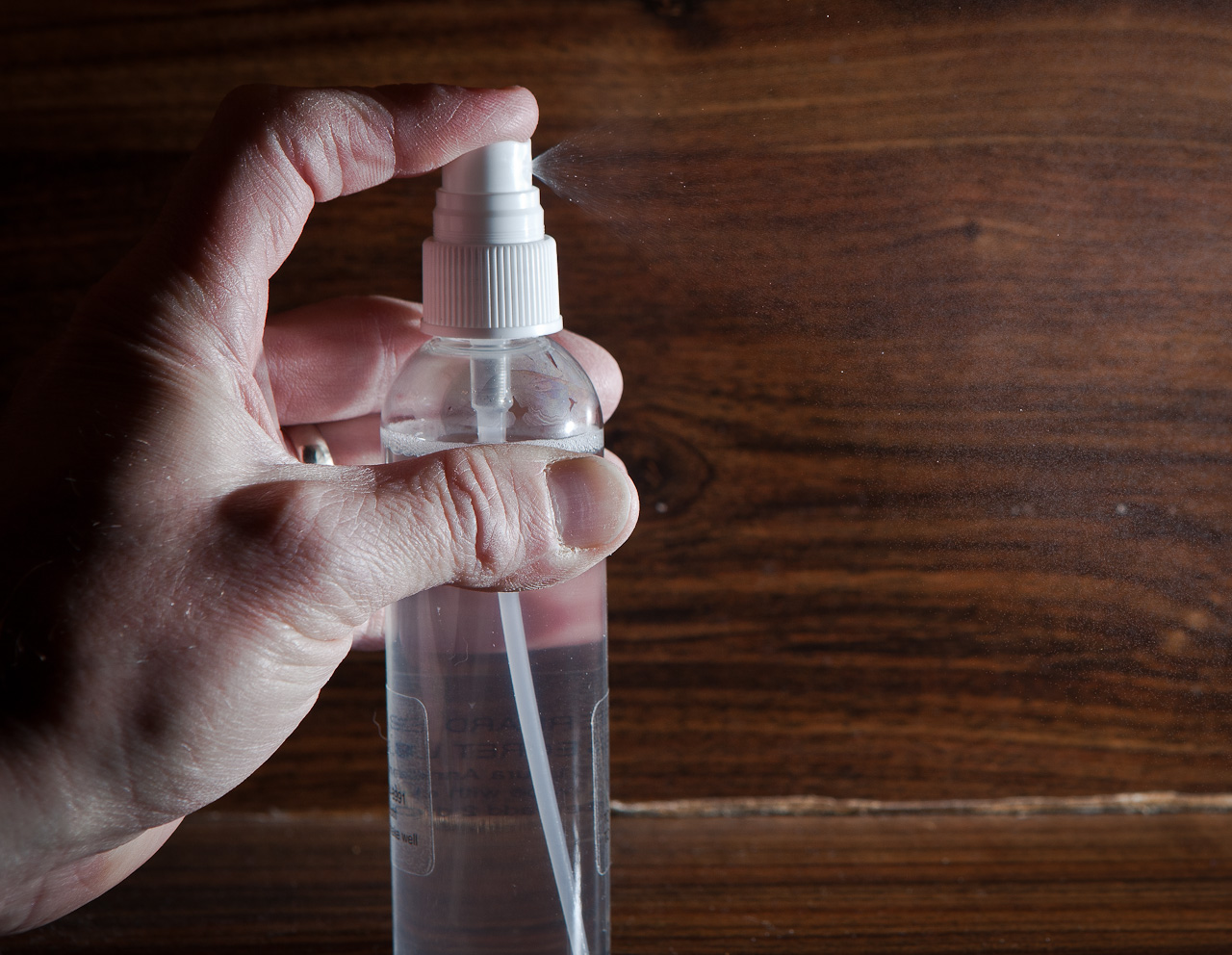 Spray bottle
Spray bottle
INSTRUCTIONS
1. Combine Ingredients
- Pour equal parts vinegar and water into a spray bottle.
2. Shake Well
- Shake well to mix.
3. Spray Solution
- Spray this solution along baseboards, windowsills, doorways, and in any areas where you’ve seen spiders.
4. Repeat Regularly
- Repeat every few days for best results, especially if you’re dealing with an active spider infestation.
WHY IT WORKS
-
Acetic Acid Effect: The acetic acid in vinegar acts as a natural spider repellent, making it an accessible option to repel spiders without resorting to harsh chemicals. The strong odor disrupts spiders and discourages them from settling in.
Baking Soda
Baking soda is a safe and simple option for what kills spiders or keeps them away, as its texture can deter spiders from crawling in treated areas.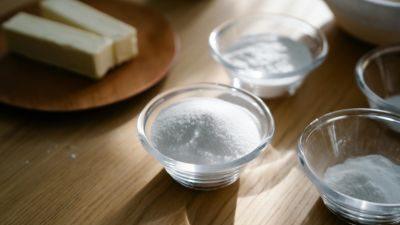
INGREDIENTS
-
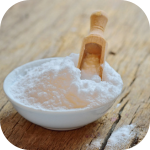 Baking soda
Baking soda
INSTRUCTIONS
1. Sprinkle Baking Soda
- Sprinkle a small amount of baking soda around areas where spiders tend to gather, such as under sinks, in closets, or along baseboards.
2. Reapply as Needed
- Reapply every few days, or whenever you clean the area.
WHY IT WORKS
-
Irritates Spiders: Baking soda can irritate spiders and acts as a mild deterrent, helping them stay away. Plus, it’s non-toxic and safe to use around pets and children, making it a convenient choice for families who want to get rid of spiders without worrying about harsh chemicals.
Essential Oils for Repelling Spiders
Essential oils like peppermint, eucalyptus, and lavender are powerful natural options for getting rid of spiders. Their strong scent is unpleasant to spiders but enjoyable for humans.
INGREDIENTS
-
 10–15 drops of essential oil
10–15 drops of essential oil
-
 1 cup of water
1 cup of water
-
 Spray bottle
Spray bottle
INSTRUCTIONS
1. Combine Ingredients
- Add the essential oil drops to a cup of water in a spray bottle.
2. Shake Thoroughly
- Shake the mixture thoroughly.
3. Apply the Solution
- Spray this solution around entry points, in corners, and in areas where spiders have been seen.
4. Reapply Regularly
- Reapply every few days to keep the scent strong.
WHY IT WORKS
-
Repels with Strong Smells: Spiders are sensitive to strong smells, and essential oils are a natural way to get rid of spiders without chemicals. This method also leaves a pleasant aroma in your home, making it a great option for bedroom areas where you’d prefer a fresh scent.
Citrus-Based Sprays
Spiders are known to dislike the smell of citrus, so this DIY solution can be an effective approach to get rid of spiders at home.
INGREDIENTS
-
 Lemon or orange peels
Lemon or orange peels
-
 1 cup of water
1 cup of water
-
 Spray bottle
Spray bottle
INSTRUCTIONS
1. Prepare Citrus Peels
- Peel a lemon or an orange and place the peels in a spray bottle with water.
2. Let Mixture Sit
- Let the mixture sit for a few hours to absorb the citrus oils.
3. Apply the Spray
- Spray the solution in areas where spiders are commonly seen, such as windowsills, corners, and entry points.
WHY IT WORKS
-
Dislikes Citrus Scents: The natural oils in citrus fruits are unpleasant to spiders, making this a gentle but effective method to get rid of spiders. Plus, the fresh citrus scent provides a natural alternative to commercial pesticides.
Diatomaceous Earth
Diatomaceous earth is a natural powder that’s effective for killing spiders and keeping them away. It works by dehydrating spiders and other pests.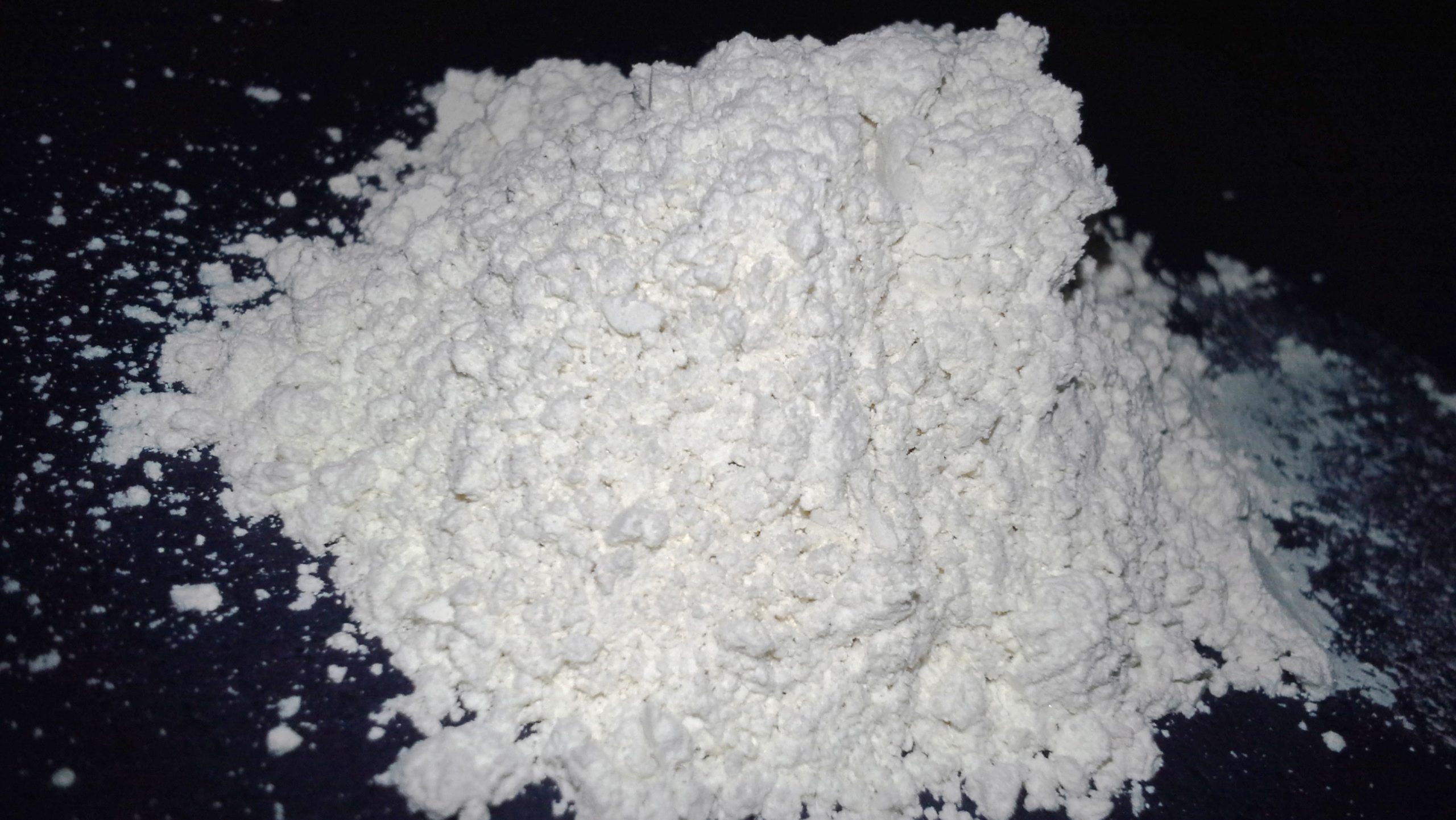
INGREDIENTS
-
 Food-grade diatomaceous earth
Food-grade diatomaceous earth
INSTRUCTIONS
1. Sprinkle DE
- Lightly sprinkle diatomaceous earth around windows, doors, and entry points where spiders might come inside.
2. Reapply as Needed
- Reapply after cleaning or every few days.
WHY IT WORKS
-
Dehydrates and Kills: Diatomaceous earth is abrasive to spiders and other insects, causing them to dehydrate and die. This makes it a powerful spider treatment for houses that’s safe for indoor use.
Regular Cleaning and Decluttering
Spiders thrive in dark, undisturbed areas, so a regular cleaning routine can make your home less appealing to them.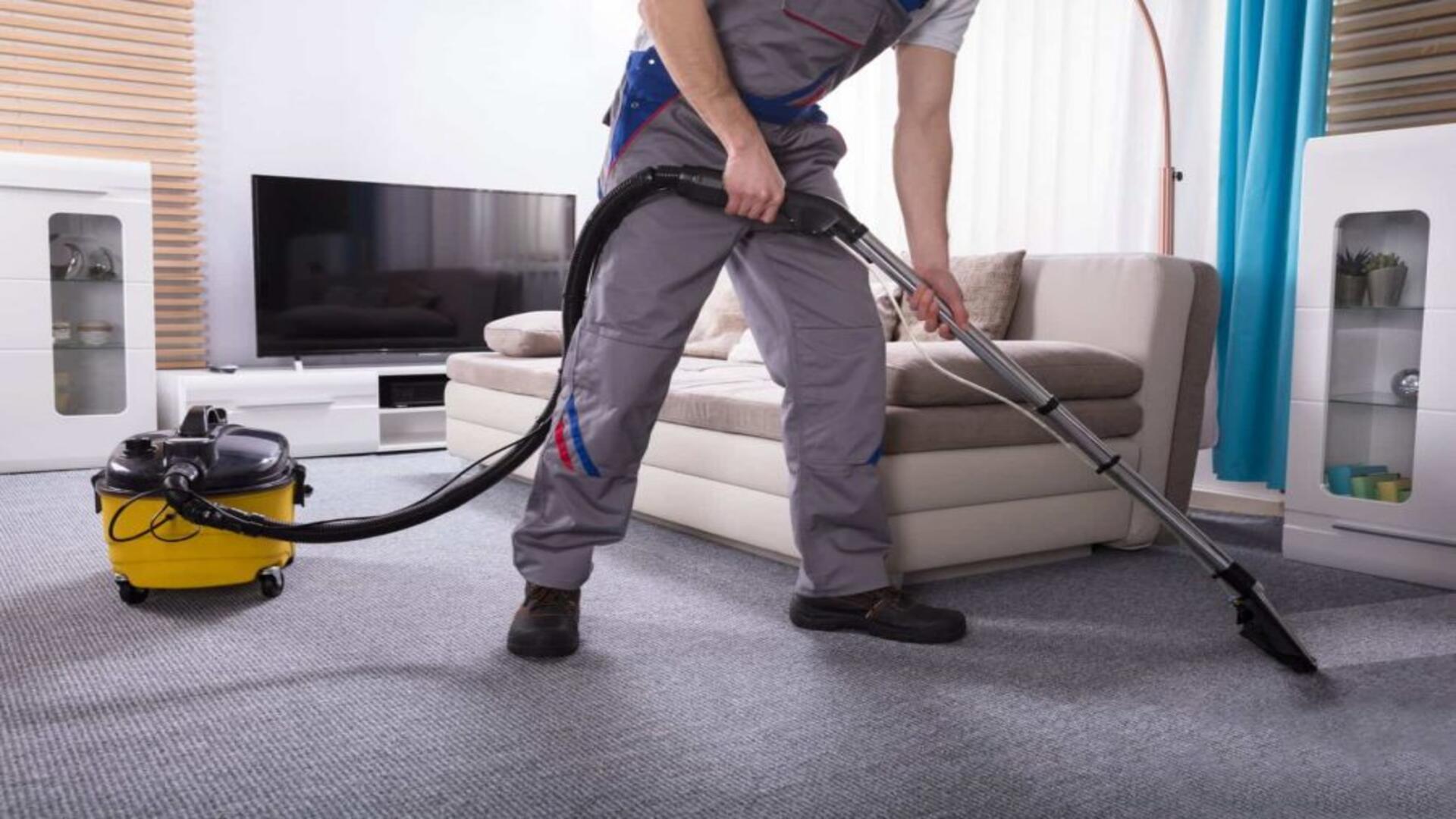
INSTRUCTIONS
1. Vacuum Regularly
- Vacuum regularly, especially in corners, under furniture, and in storage areas where spiders tend to hide.
2. Dust and Sweep Frequently
- Dust and sweep frequently to remove webs and potential spider hiding spots.
3. Declutter Storage Areas
- Declutter storage areas, as clutter provides shelter for spiders.
WHY IT WORKS
-
Limits Hiding Spots: Clean, clutter-free spaces offer fewer hiding spots, discouraging spiders from settling in. Regular vacuuming removes spider webs and eggs, which is crucial to get rid of spiders in house settings.
Why Spiders Are Attracted to Your Home?
Spiders are usually drawn indoors by the presence of food (other insects), shelter, and humidity. They often appear in quiet, undisturbed places like basements, attics, and closets. Understanding how to get rid of spiders from home starts with recognising what brings them inside. By removing food sources and reducing entry points, you can discourage spiders from making themselves comfortable. However, even the best DIY methods may not be enough for persistent or large infestations. That’s where professional pest control becomes invaluable. If you’re dealing with an invasion of bed spiders or if spiders keep reappearing despite your efforts, it may be time to get help from a spider control service for more targeted solutions. Before we move on to the spider removal methods, let’s quickly learn about the different types of spiders to get rid of them effectively.Types of Spiders and How to Identify Them
-
 House Spider: Appearance: House spiders are usually small, brown, and may have a pattern of darker markings on their bodies. Behavior: They’re often found in corners of rooms, basements, and attics, where they spin messy webs. Signs of Infestation: Frequent, small webs in quiet, undisturbed areas are a sign of house spider activity.
House Spider: Appearance: House spiders are usually small, brown, and may have a pattern of darker markings on their bodies. Behavior: They’re often found in corners of rooms, basements, and attics, where they spin messy webs. Signs of Infestation: Frequent, small webs in quiet, undisturbed areas are a sign of house spider activity. -
 Wolf Spider: Appearance: Wolf spiders are larger, with a hairy body and distinctive dark brown or gray coloring. They have a robust build and long legs. Behavior: Unlike other spiders, wolf spiders don’t spin webs; they’re ground hunters and prefer dark corners and basements. Signs of Infestation: They are often found in basements or garages, hiding in clutter. Spotting a few may indicate more hiding in unseen places.
Wolf Spider: Appearance: Wolf spiders are larger, with a hairy body and distinctive dark brown or gray coloring. They have a robust build and long legs. Behavior: Unlike other spiders, wolf spiders don’t spin webs; they’re ground hunters and prefer dark corners and basements. Signs of Infestation: They are often found in basements or garages, hiding in clutter. Spotting a few may indicate more hiding in unseen places. -
 Cellar Spider (Daddy Longlegs): Appearance: Cellar spiders are pale yellowish or gray with very long, thin legs. Behavior: They spin loose, irregular webs in dark, moist areas like basements and cellars. Signs of Infestation: Their webs are common in ceiling corners and can easily be noticed due to their webbing patterns.
Cellar Spider (Daddy Longlegs): Appearance: Cellar spiders are pale yellowish or gray with very long, thin legs. Behavior: They spin loose, irregular webs in dark, moist areas like basements and cellars. Signs of Infestation: Their webs are common in ceiling corners and can easily be noticed due to their webbing patterns. -
 Brown Recluse: Appearance: Brown recluses are light to dark brown with a characteristic violin-shaped marking on their back. Behavior: They are reclusive and tend to hide in dark, undisturbed areas such as closets, shoes, and cardboard boxes. Signs of Infestation: Brown recluse spiders are venomous; if you spot one, it may indicate others nearby, as they can multiply quickly in dark storage spaces.
Brown Recluse: Appearance: Brown recluses are light to dark brown with a characteristic violin-shaped marking on their back. Behavior: They are reclusive and tend to hide in dark, undisturbed areas such as closets, shoes, and cardboard boxes. Signs of Infestation: Brown recluse spiders are venomous; if you spot one, it may indicate others nearby, as they can multiply quickly in dark storage spaces. -
 Black Widow: Appearance: Black widows are shiny black with a distinct red or orange hourglass marking on the underside of their abdomen. Behavior: These spiders tend to stay in dark, undisturbed areas like basements, garages, and sheds. Signs of Infestation: Black widows are also venomous, and spotting one can mean more are nearby. Their webs are usually found close to the ground in quiet, hidden areas.
Black Widow: Appearance: Black widows are shiny black with a distinct red or orange hourglass marking on the underside of their abdomen. Behavior: These spiders tend to stay in dark, undisturbed areas like basements, garages, and sheds. Signs of Infestation: Black widows are also venomous, and spotting one can mean more are nearby. Their webs are usually found close to the ground in quiet, hidden areas.
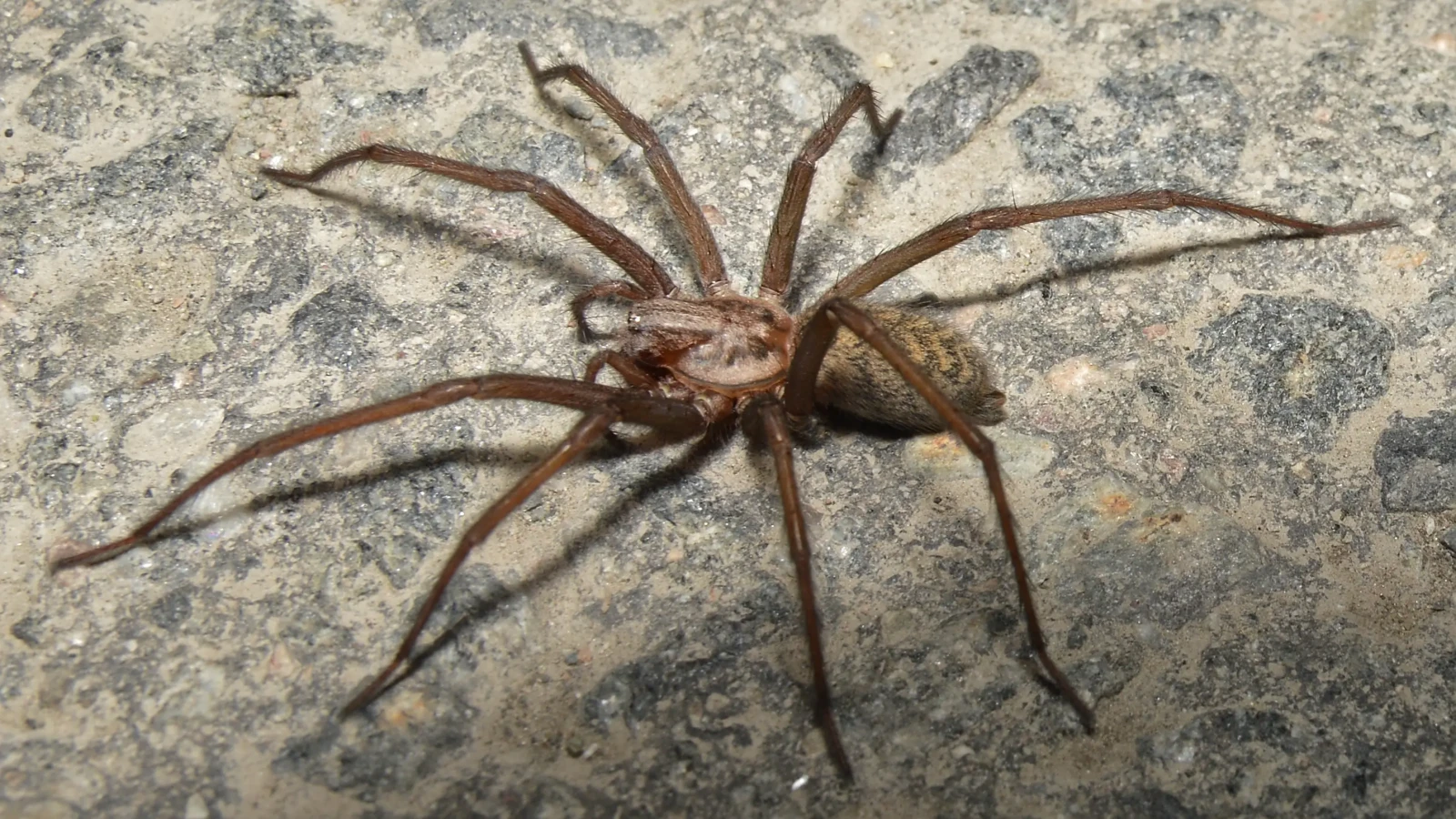
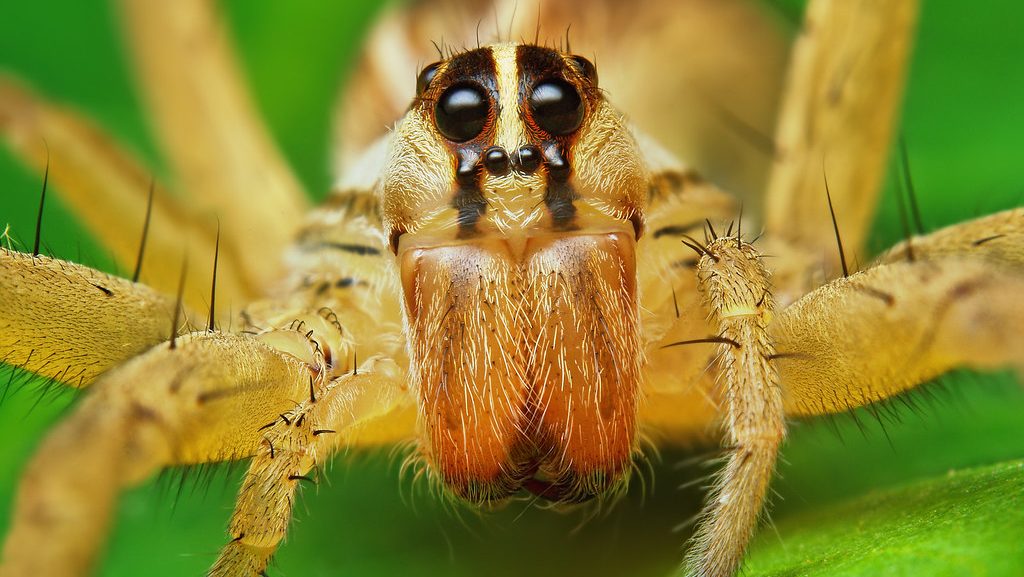
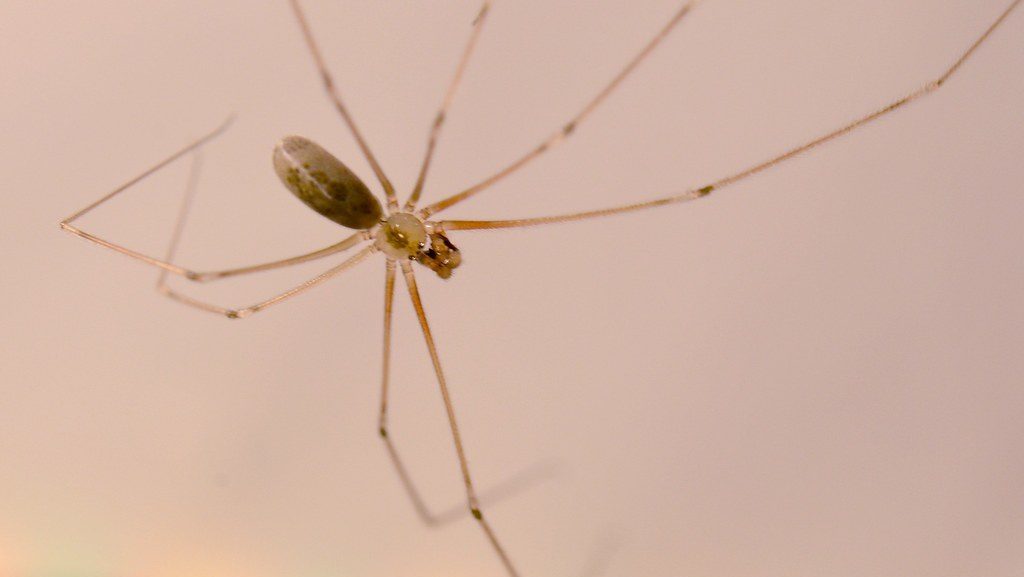
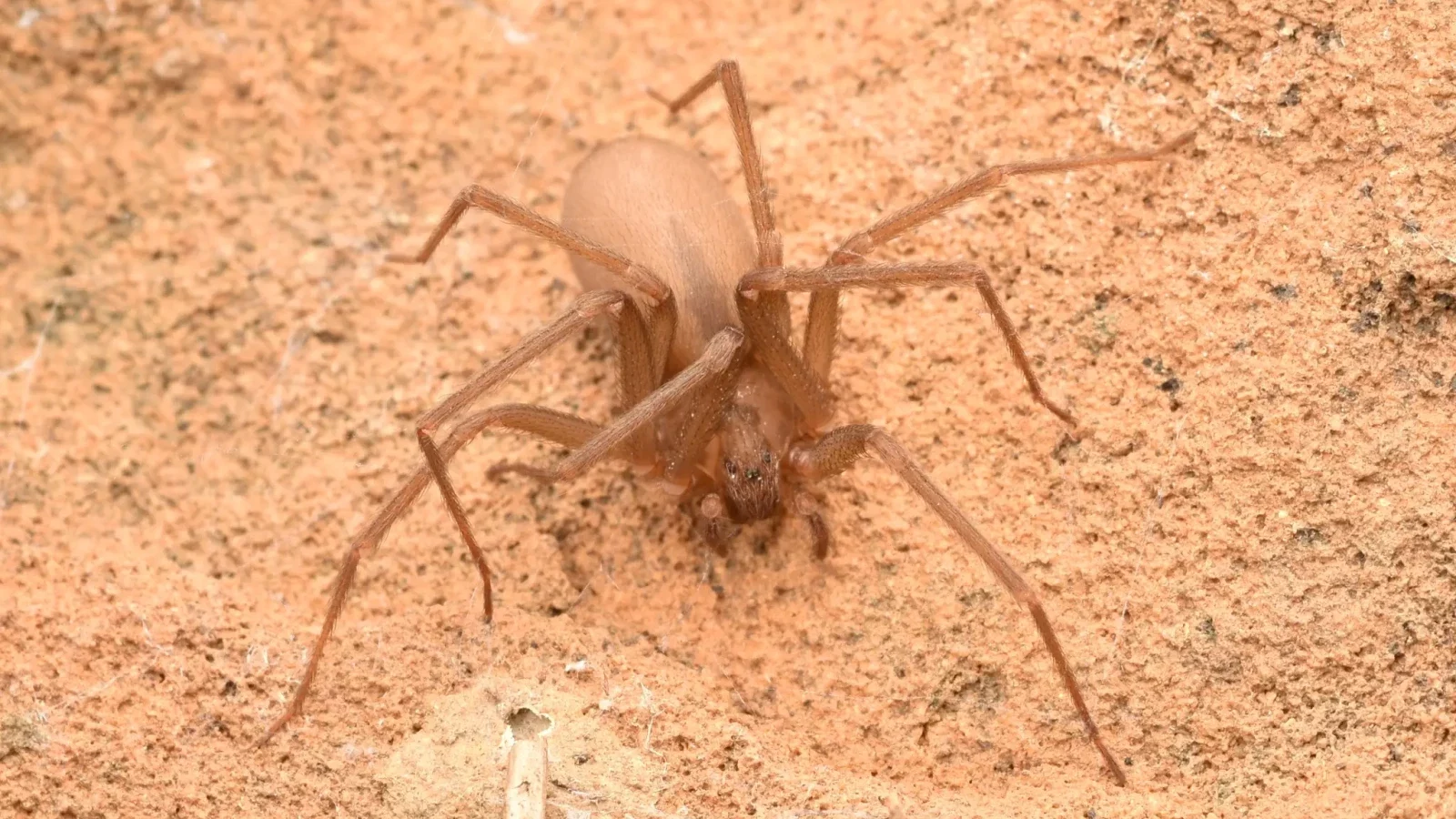
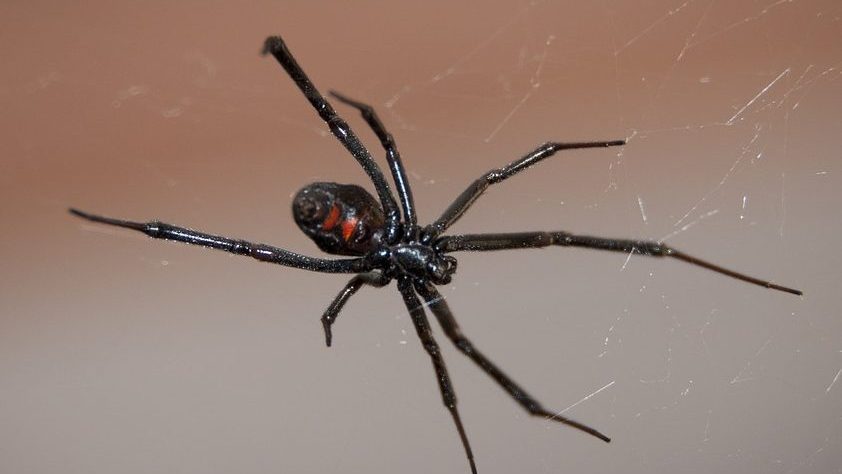
How to Identify a Spider Infestation
Identifying a spider infestation in your home is essential to determine whether DIY methods will suffice or if you need professional intervention. Here are some signs that may indicate a more serious spider problem.Signs of a Spider Infestation
-
Frequent Webs: If you’re constantly cleaning webs from the same areas, especially in corners, basements, and near windows, this could indicate a spider infestation. House spiders and cellar spiders often create webs in the same spots repeatedly.
-
Increased Spider Sightings: If you see spiders daily or notice multiple spiders in various rooms, it’s a sign of an infestation. Occasional sightings are normal, but constant spider presence suggests a population problem.
-
Egg Sacs: Spiders lay eggs in small, white sacs, which can often be found in corners, under furniture, or in hidden areas like basements and closets. Seeing egg sacs means there are likely more spiders on the way, signaling a potential infestation.
-
Spider Droppings: Spider droppings look like small, dark smudges or spots and can often be found on walls, floors, and surfaces near their webs. The presence of droppings indicates active spider activity.
-
Venomous Species: Spotting venomous spiders like black widows or brown recluses inside your home is a serious concern. These species tend to stay hidden, so if you see one, there may be more lurking out of sight.
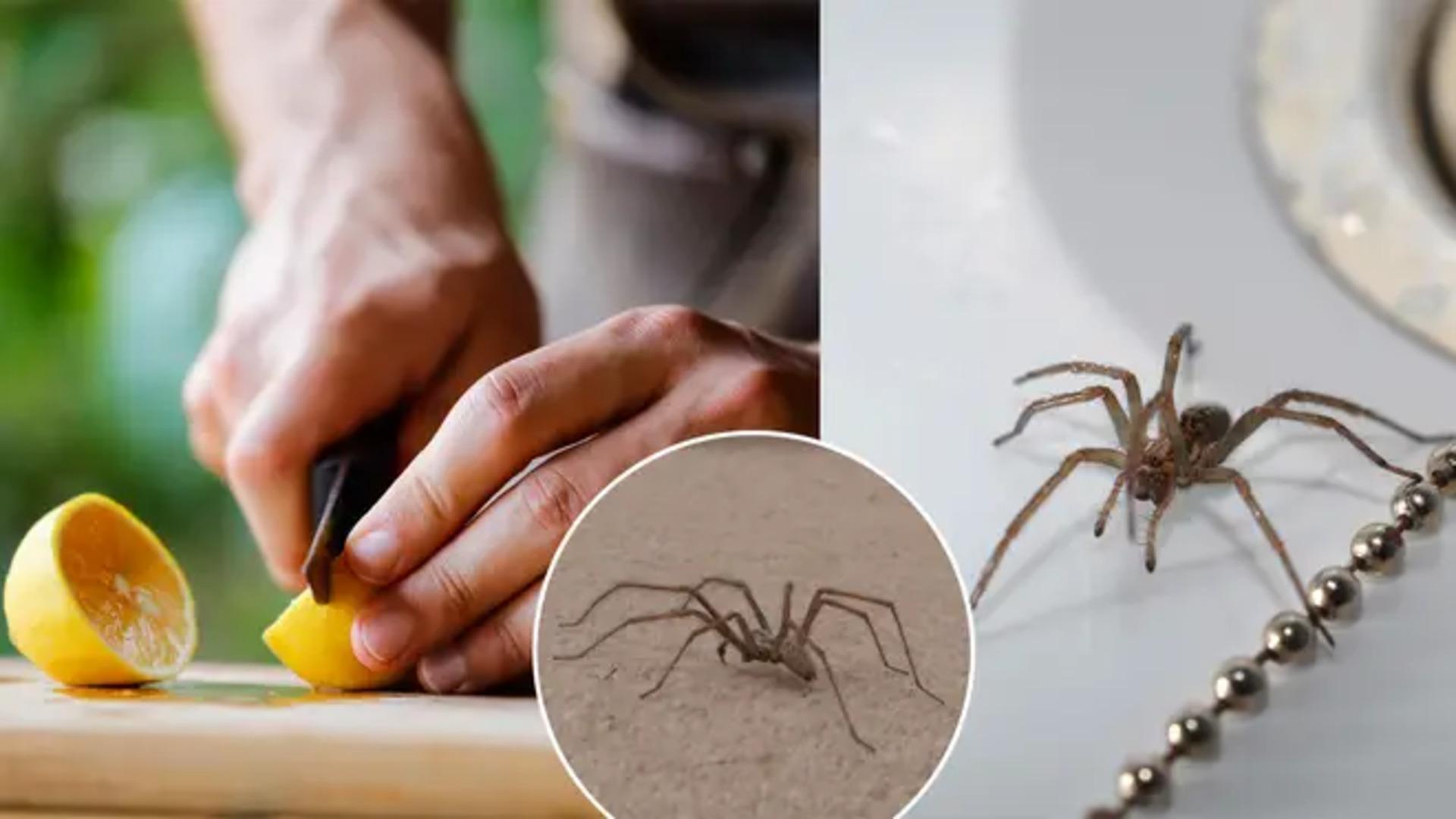 Now, let’s take a look at various DIY methods to get rid of spiders from your home.
Now, let’s take a look at various DIY methods to get rid of spiders from your home.
Outdoor Prevention: Keeping Spiders from Entering
Many spiders come indoors from the outside, so taking preventive measures outdoors is just as important. If you’re looking to get rid of spiders outside, turn off exterior lights at night, as lights attract insects, which in turn attract spiders. Sealing cracks and crevices around windows, doors, and your home’s foundation can also reduce entry points. Proper garden maintenance, like trimming vegetation and removing debris, helps eliminate potential habitats around your home.DIY vs. Professional Pest Control: When to Call the Experts
While DIY methods can be effective for minor spider issues, larger infestations often require a more comprehensive approach. For instance, if you’re dealing with a significant number of bed spiders or if spider webs keep appearing in multiple rooms, it might indicate a deeper problem. In these cases, professional pest control can provide targeted solutions tailored to your specific situation.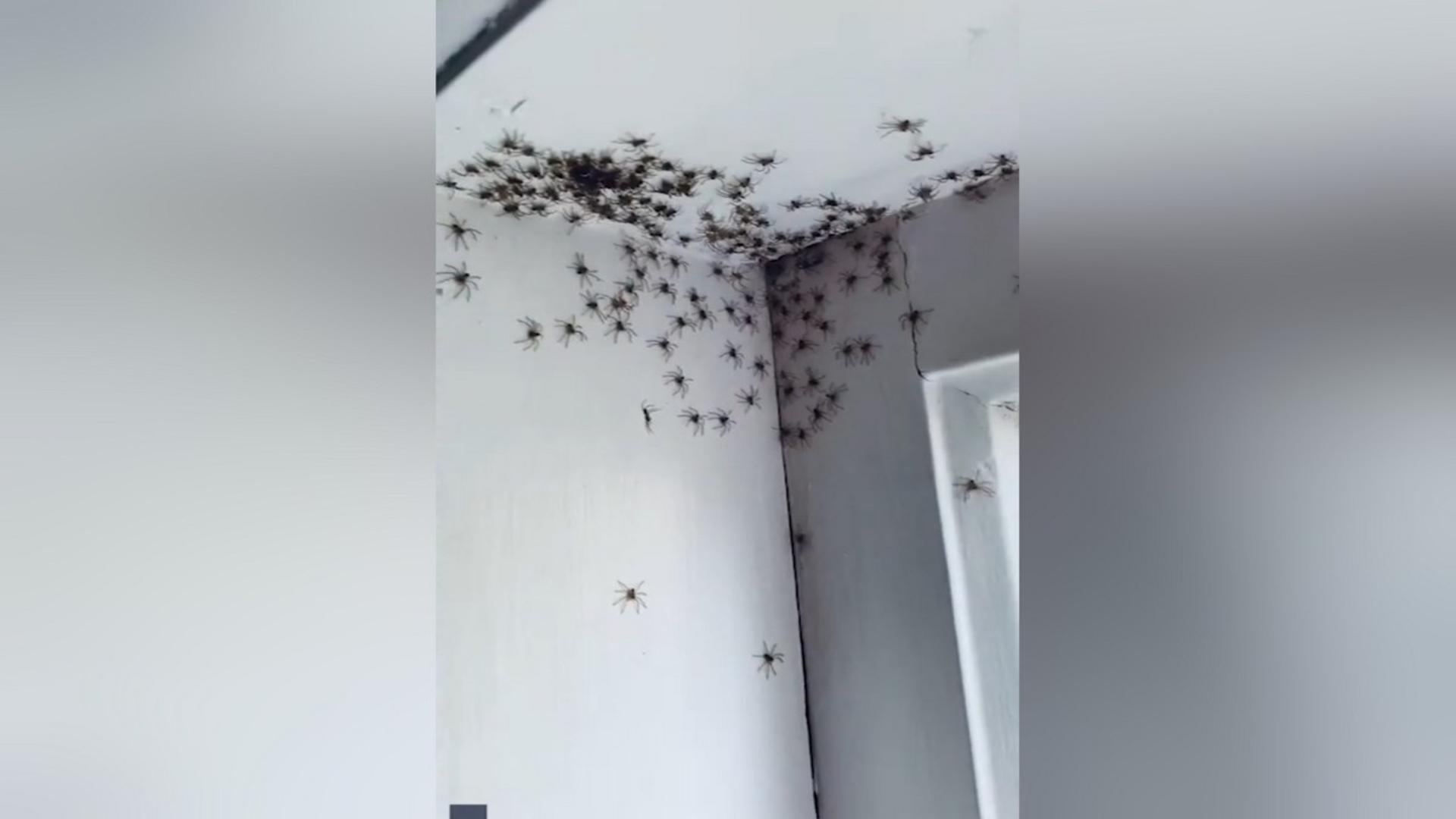
When DIY Isn’t Enough:
-
Persistent Infestations: If spiders reappear no matter how many DIY remedies you try, professional pest control might be needed to identify and eliminate the root cause.
-
Dangerous Species: Some spiders, like black widows or brown recluses, are venomous and require expert handling. Attempting to deal with these species on your own can be risky.
-
Extensive Webbing: If you’re constantly cleaning webs in various parts of your home, it indicates a significant infestation that may be too challenging for DIY methods.





